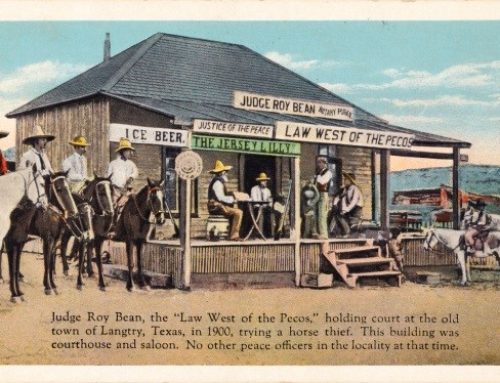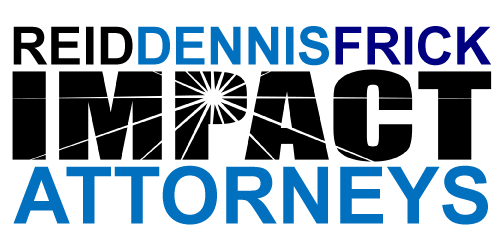Our firm recently successfully resolved a forbearance fee dispute between a hard money lender and commercial property owners. The dispute involved six separate tracts spread out among four Texas counties all of which were leased and occupied by Wal-Mart brand stores. Upon maturity, the lender began foreclosure proceedings for non-payment. To avoid foreclosure, the owners needed additional time to refinance the $36.5 million loan and agreed in an email to pay a forbearance fee for the lender to postpone the foreclosure. After refinancing the loan, the owners reneged and refused to pay the fee. The lender hired Reid, Dennis & Frick attorney, John M. Frick, to collect the forbearance fee. The case settled three months’ after filing.
What Is a Forbearance Fee?
A forbearance fee is a one-time payment to one party in consideration for its agreement to refrain, or forbear, from exercising some right for some period of time. In this instance, the forbearance fee was to be paid to the lender in consideration for its agreement to refrain, or forbear, from exercising its right to foreclose upon collateral securing repayment of the loan. After posting the property securing a loan for foreclosure, the lender agreed to postpone the foreclosure sale in consideration of the payment of the forbearance fee. The lender postponed the sale and owners were able to refinance the loan and pay off the loan balance, but then failed to pay the agreed upon forbearance fee.
What Is a Hard Money Lender?
A hard money loan is a type of non-conforming loan amount typically secured by real property that does not come from a traditional lender like a financial institution, but rather from private lenders such as individuals or private companies. Such loans are sometimes considered to be loans of last resort for borrowers who have a poor credit history, personal finance, or other factors preclude them from getting traditional loans from financial institutions or may be short-term loans to temporarily bridge some gap of time between the maturity of a previous loan and an owner’s ability to close on refinancing of a new loan amount.
How Does Hard Money Lending Work?
Most hard money loans are often used as short-term loans to rehab an existing commercial property before refinancing to a traditional property mortgage. Owners use such loans because they close quickly and offer interest-only payments throughout the life of the short loan. They also serve as financing vehicles for new commercial property owners who find it difficult to obtain a traditional bank loan secured by commercial property. Hard money borrowers have much higher interest rates than a traditional loan from a bank.
Is It Typical to Resolve a Case so Fast?
The short answer is “No,” but preparation and approach is key. Early in a case, your audience is not the judge or jury, it is the opposing party. Vague, general “cookie-cutter” pleadings and initial disclosures do not provide the level of detail likely to persuade the other party that you are thoroughly familiar with the facts of a case and applicable law. Providing information in the pleadings and initial disclosures about the nature of the properties, purpose of the underlying transaction, the prior breach of the underlying note obligation, the time and expense wasted by the lender in pursuing foreclosure, the reasonableness of the fee, the owners’ reason for the needed forbearance, and the actions taken by the lender to postpone the sale all combined to create a persuasive picture that our attorney was thoroughly familiar with the facts and applicable law and that the lender was very serious about pursuing the fee.
At Reid, Dennis & Frick, we recognize that each case is unique and different. While we may have handled similar disputes for other clients before, we delve into the particular facts of your situation, the individuals and business organizations involved in your dispute or lawsuit, and work collaboratively with you to favorably resolve your case when possible quickly and cost effectively.






